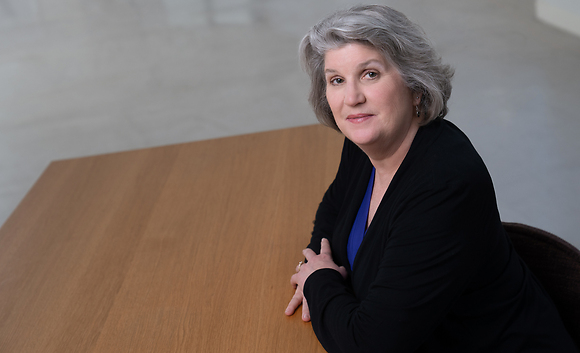Federal District Court Vacates FEC Independent Expenditure Donor Disclosure Rule; Appeal Likely
Last week, a federal district court issued a ruling vacating a key Federal Election Commission donor disclosure regulation as inconsistent with the Federal Election Campaign Act of 1971, as Amended (“FECA”). Although the court’s ruling has not yet taken effect and is likely to be appealed, it is a notable development in the long-standing fight over the donor disclosure requirements that apply to groups, such as 501(c)(4) organizations, that spend funds to sponsor “independent expenditures”—i.e., communications that expressly advocate the election or defeat of a clearly identified federal candidate—but are not registered as political committees. Nonprofits and other organizations may be required to disclose all contributors who donate at least $200 toward influencing federal elections if the decision goes into effect.
Judge Beryl Howell of the U.S. District Court for the District of Columbia ruled that FEC regulation 11 C.F.R. § 109.10(e)(1)(vi), which requires the disclosure of persons making donations specifically “for the purpose of “furthering the reported independent expenditure,” is overly narrow and thus inconsistent with the underlying statute, codified at 52 U.S.C. § 30104(c). The court concluded that the challenged regulation “has permitted reporting non-political committees to evade the statutory disclosure requirements” by allowing donors to avoid identification on FEC reports provided that they not earmark their donations to be used on an independent expenditure. The regulation has resulted in many organizations engaging in independent expenditures reporting few (if any) donors on FEC reports.
The case was brought by Citizens for Responsibility and Ethics in Washington (CREW), who sued after the FEC dismissed an administrative complaint against Crossroads GPS, a 501(c)(4) organization, alleging that the group did not disclose the names of contributors to a 2012 effort to unseat Ohio Senator Sherrod Brown. If the decision stands, nonprofits and other organizations may be required to disclose all contributors who give at least $200 toward influencing federal elections, not just those who earmark their donation for a specific independent expenditure.
The decision has not yet gone into effect, as the court has given the FEC 45 days to issue interim regulations before the rule is invalidated. It is almost certain that the court’s decision will be appealed, most likely by defendant-intervenor Crossroads GPS. While the FEC could appeal the ruling as well, an appeal would require a unanimous decision by the four commissioners.
Caplin & Drysdale's Political Law and Exempt Organizations Groups will be monitoring the case, and will send updates regarding any further important developments. If you have questions concerning this alert or for more information, please contact:
| Trevor Potter tpotter@capdale.com | Matthew T. Sanderson msanderson@capdale.com | Douglas N. Varley | Sharon P. Want |
| Bryson B. Morgan bmorgan@capdale.com | Emma K. Lewis |



